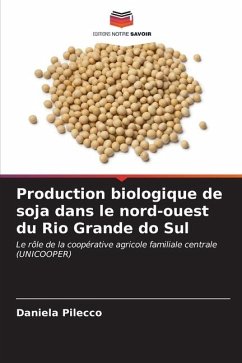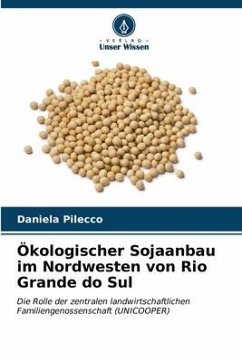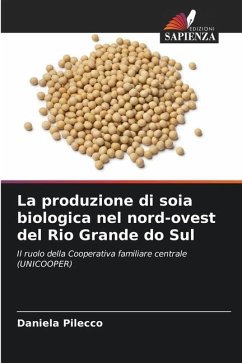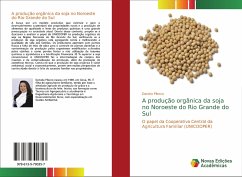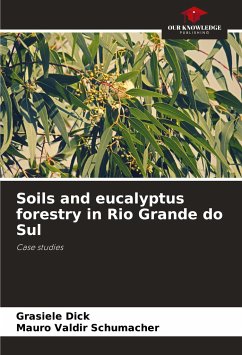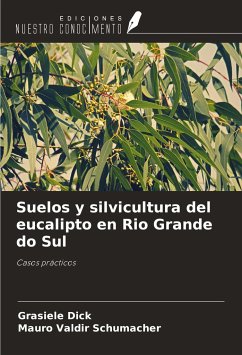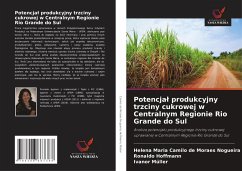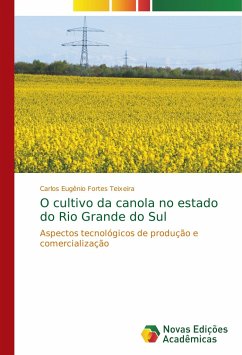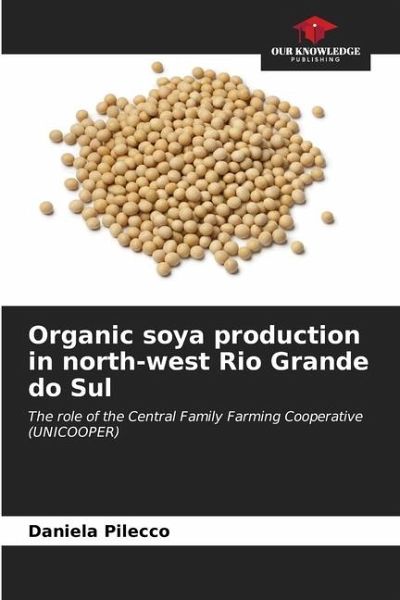
Organic soya production in north-west Rio Grande do Sul
The role of the Central Family Farming Cooperative (UNICOOPER)
Versandkostenfrei!
Versandfertig in 6-10 Tagen
27,99 €
inkl. MwSt.

PAYBACK Punkte
14 °P sammeln!
The search for a production model that stimulates and generates the sustainable development of rural properties and the production of quality, chemical-free food is a major concern in today's society. Against this backdrop, we set out to describe and analyse the role of UNICOOPER in organic soya production in the north-western region of Rio Grande do Sul, checking whether organic soya production is adding income and improving families' quality of life. The producers point to the lack of manpower to control weeds and the contamination of production by modified organisms cultivated by neighbours...
The search for a production model that stimulates and generates the sustainable development of rural properties and the production of quality, chemical-free food is a major concern in today's society. Against this backdrop, we set out to describe and analyse the role of UNICOOPER in organic soya production in the north-western region of Rio Grande do Sul, checking whether organic soya production is adding income and improving families' quality of life. The producers point to the lack of manpower to control weeds and the contamination of production by modified organisms cultivated by neighbours as weaknesses, and the non-use of chemical inputs and pesticides and the 35% higher financial bonus than conventional soya as strengths. UNICOOPER intermediates the purchase of inputs and the commercialisation of production, as well as providing technical assistance. The conclusion is that organic soya production is environmentally, socially and economically viable, but without many prospects for continuity due to the lack of family succession on the farms.



